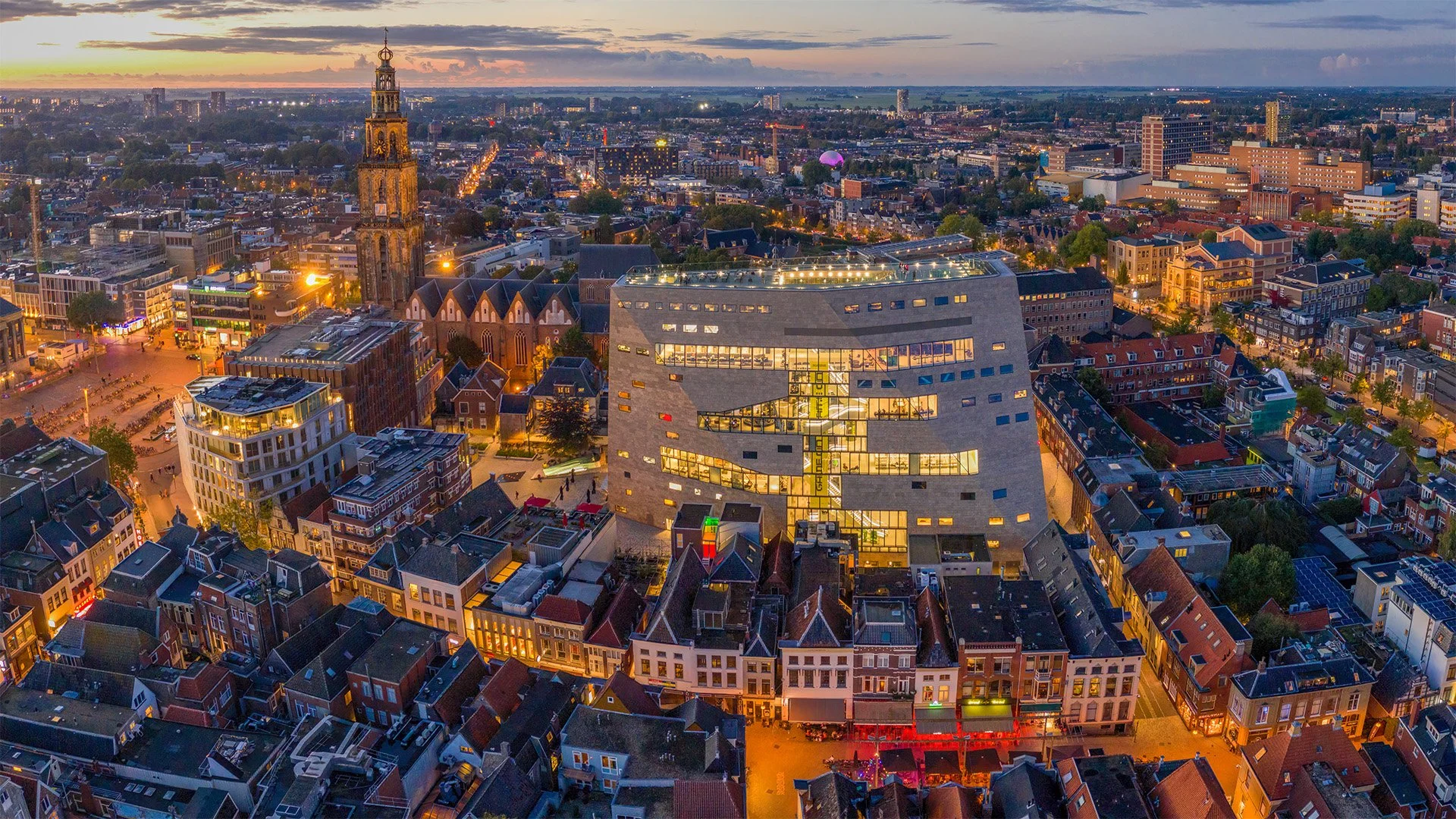
“Things done changed on this side…”
March 18-21, 2026
—
Groningen, the Netherlands
—
March 18-21, 2026 — Groningen, the Netherlands —
Things done changed.
Hip Hop studies’ foundation took place more than 30 years ago, with core writings such as Tricia Rose’s Black Noise setting the Blueprint and establishing debates that continue to this day.
Since then we have seen great change: 2Pac and The Notorious B.I.G passed away in the mid-1990s, rap music’s sound palate has continued to expand (e.g., through crunk, trap into drill), with the genre in its various forms dominating the airwaves worldwide, and altering the shape of popular music writ large. At the same time, many of the structural dynamics that were at the root of Hip Hop’s inception continue to foster inequities, with systemic racism, sexism, and global capitalism wreaking havoc across the world.
The conference
The ninth annual European Hip Hop Studies Conference, based in Groningen, the Netherlands, encourages reflections and responses to Hip Hop in these times of crisis. We focus on its many transnational expressions, from European Hip Hop (situated within complex colonial histories and political tensions), its American origins, towards wider global manifestations of the form. We invite Hip Hop scholars to respond to the present moment of locally experienced but globally interconnected inequalities vis-a-vis Hip Hop as a potentially revolutionary form. Indeed, how can Hip Hop hold true to its original tenets when it is increasingly embedded in global corporate and political structures?
Groningen, the Netherlands.
We therefore propose to critically interrogate the status quo of the field, and of the form itself: a genre built on community values, its fabled five elements, and presently a dominant force in contemporary culture. Grappling with longstanding assumptions about Hip Hop and their impact on scholarship is vital to evaluate the tools by which we approach the genre today.
These “state of the field” discussions do not negate histories. In actuality, looking back also helps us to look forward. Archival sessions that explore the history of Hip Hop in the Netherlands (specifically Groningen) will sit alongside present debates, thinking through the development of European Hip Hop practice and the means by which we remember and upon what grounds (through visual cultures, musical archives and personal histories).
Finally, and in light of possible futures of this field of study, we also ask delegates to think speculatively: what remains critical to our enquiries (as Hip Hop scholars, musicologists, practitioners, anthropologists etc), and what developments within Hip hop and/or related cultures demand a reappraisal of our toolkit for investigations. Where might they be in 2035? What might be needed to future-proof our field?
Form and setting
In terms of form, this conference will feature individual presentations, alongside themed panel discussions, keynotes, and critical conversations with practitioners.
The conference will take place in the Groninger Museum.
Sites of knowledge production are often siloed, and productive encounters will be facilitated throughout its programme. Its unique setting, spread across the Groninger Museum, will be complemented by specialist music programming by Hip Hop platform Homebase, thus ensuring a dynamic meeting of minds to discuss, play with, and engender new visions for Hip Hop studies in these turbulent times.
Homebase’s musical programming will complement the conference.



